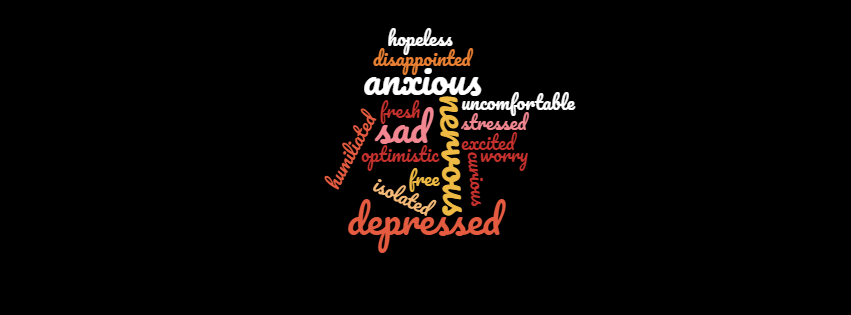- What’s wrong with starting research with a thesis statement? When is it okay to start with one?
- How comfortable are you with the possibility of never finding “answers” to your research?
- How do you do research? What tools and tips do you have/use?
1.It’s wrong to start a research with a thesis statement because since there’s no doubt or ambiguity, you’re letting readers think that you have all the answers to the problem or questions. You’re disregarding the other perspectives on this topic since your’e just focusing on one, which is yours. Best way to start one a thesis is after you collected sources on what it is your’e trying to portray, have time to change your thesis in time. One method would be a ‘Preliminary Research’, “the kind of research that often leads to new ideas and important choice”(A Writing Process, Vinetta Bell)
2. When it comes to a possibility of never finding “answers” to my research, I can’t help but feel uncomfortable because your sole purpose is to write that one thing you know about. But’ I’d rather find more facts or ideas on the topic than settle down with one answer. Leaving this workshop with more knowledge then I did walking in.
3. For starters open ended questions is a great hook. Also to keep the mentality of “embracing an uncertainty and feel comfortable knowing we might not always have an answer when we begin a research project.” Another tool is introducing life lessons on the topic, if can. Lastly, spread ideas and different thoughts on the topic, like a small counter claim.





I like the view of finding more facts or details on the topic than settle down with one answer since with more information (without reaching a hasty conclusion), it gives a broader view of the subject and open up a new overall look of the subject, with new “answers” rather than just one. One part your response I didn’t quite understand was mentioning open ended questions. Is is possible for you the elaborate a bit more on that topic?
Don’t know why it posted twice again so ignore this one.
I agree with your perspective of why it is wrong to start a research with a thesis statement. “Your’e letting readers think that you have all the answers to the problem or questions” This caught my eye because sometimes when people read a research assignment they 100% confidently believe everything the writer of the research assignment is saying. Then when you put an opinion in it leads to the same outcome. Would you be able give an example of ‘Preliminary Research’? I have not ever heard of that before.
You responses to these are so cool! I like your way to criticize those statements with answers because It is too certain! It’s like the composer of statements are talking about something and strongly confirm one point must be right. I’m kind of curious that How and What can prove that! If the composer is writing a statement with a definite answer, then this statement has no meaning. Because you(means the composer) already know anything you want, why not go write a thesis? Sorry for venting my opinion but still, you’re cool and I totally agree with you because you are so clear that what you want and what orientation you should start.
I like the way you have answered your questions, which is very compelling. They are really easy to read and understand your point. I had a similar answer to the first question. I agree with you when you start a research with the thesis first your focus stays only on one side rather having a secondary perspective or opinion about the research. Did you ever start a research with a thesis first? Your answer to the second question is also very solid and relatable. I also suggest writing down important notes about your research is a very effective way to start a research. And lastly what did you mean by open ended questions?
By an open ended question I like to leave the audience questioning about what I said and have them puzzled and confused on where they stand.